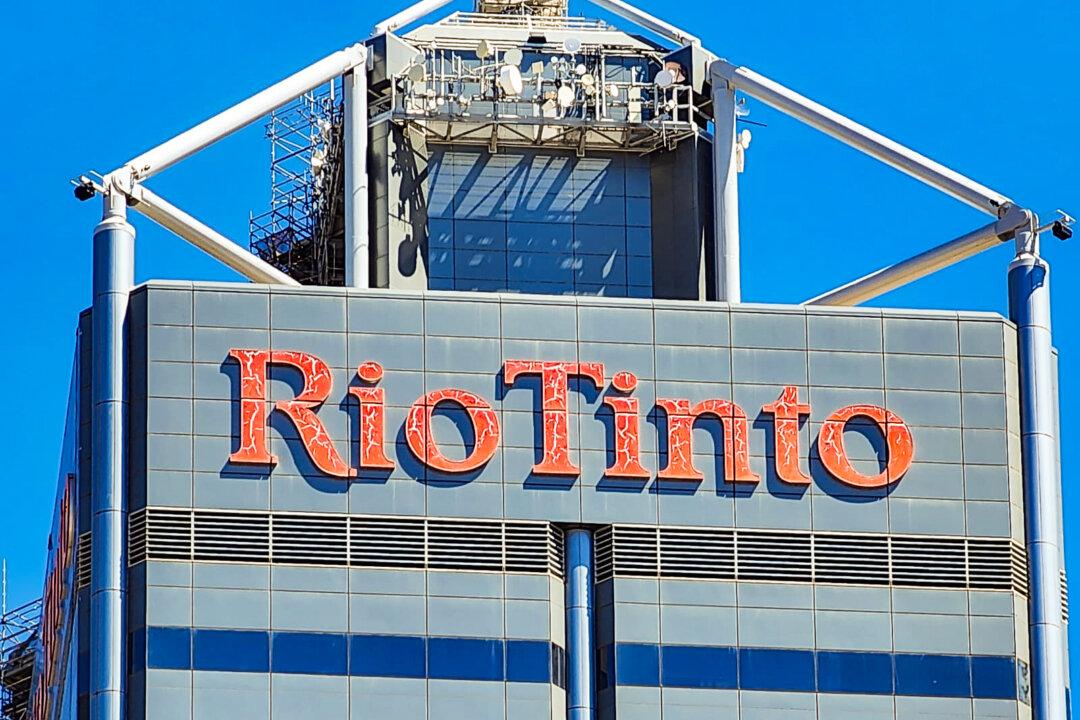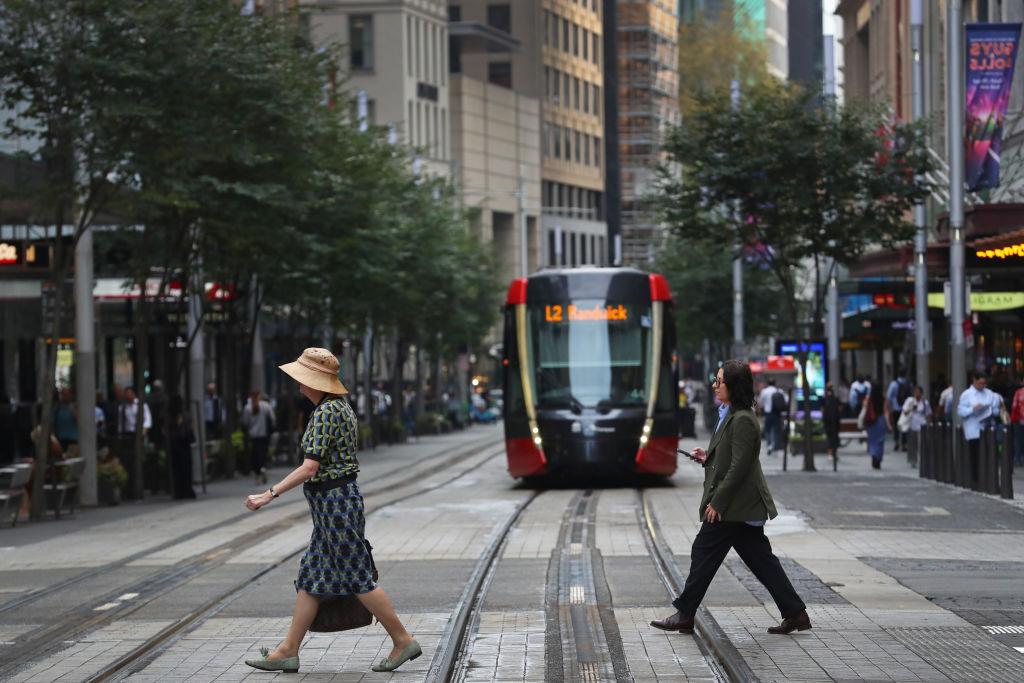Mining industry giants Rio Tinto Group and BHP announced its collaboration on testing large battery-electric haul truck technology in Pilbara, Western Australia.
Both companies said they will work with Caterpillar and Komatsu to conduct independent trials of various products such as battery-electric haul trucks, including testing of battery, static, and dynamic charging systems, to assess their performance and productivity.




